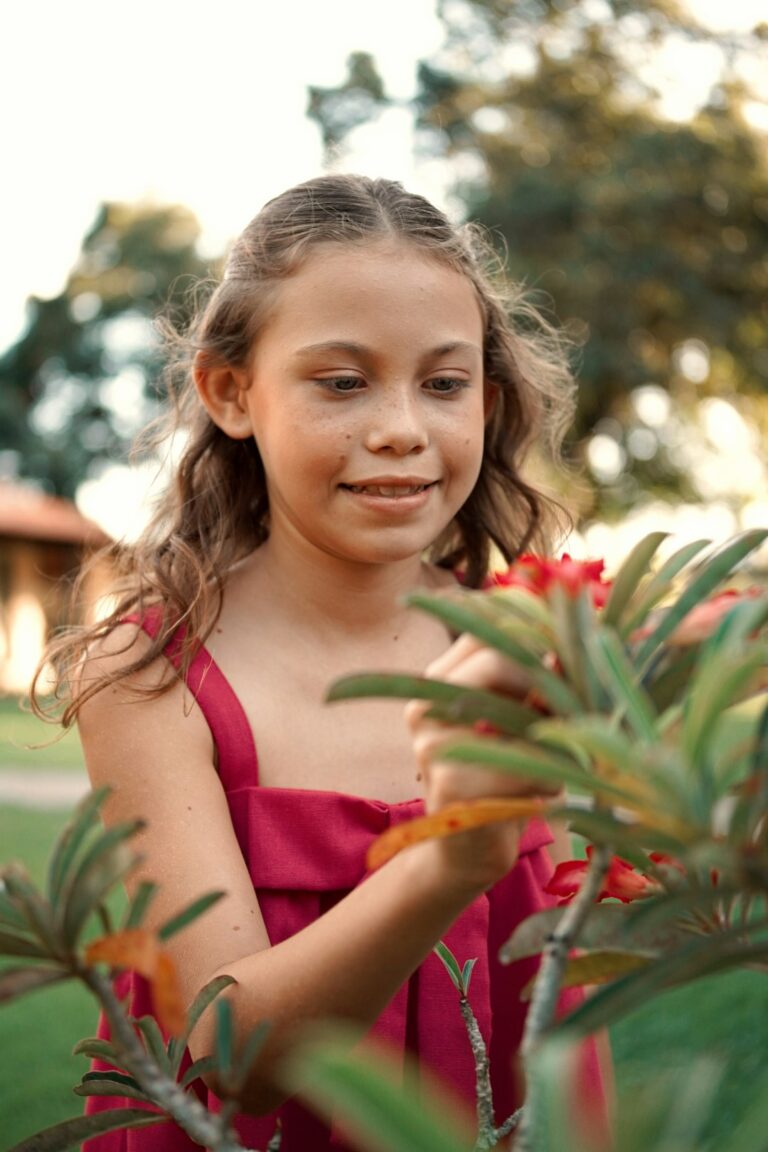As parents, we all strive to make our children’s learning experiences both effective and enjoyable. With so many choices for extracurricular enrichment, one often-overlooked treasure is hiding in plain sight: educational board games. These powerful tools blend play with learning, prompting young minds to grasp essential concepts while having fun. But how do you choose the best board games for your child’s age and developmental needs? In this article, we’ll decode the benefits of educational board games, offer curated recommendations by age group, and share practical tips to maximize their learning impact at home.
Why Educational Board Games Belong in Every Home
Games aren’t just entertainment—they’re a proven way for kids to learn problem-solving, critical thinking, social skills, and even specific academic content. When children play, their brains are engaged, their hands are active, and their emotional intelligence is quietly at work. Let’s explore why board games are such a smart parenting investment:
- Encourage face-to-face interaction and family bonding
- Builds resilience through practice with winning and losing graciously
- Strengthens focus by holding kids’ attention for longer periods
- Develops cognitive skills such as memory, logic, and strategizing
- Reinforces literacy and numeracy often in sneakily fun ways
How Board Games Support Key Learning Areas
From preschoolers to tweens, board games provide rich opportunities for kids to develop across core learning domains:
- Language development: Reading rules, naming objects, and storytelling enhance vocabulary.
- Numeracy: Counting spaces, managing tokens, and calculating scores boost math skills without worksheets.
- Executive function: Waiting turns, following multi-step instructions, and remembering rules sharpen mental flexibility.
- Social-emotional skills: Cooperating, negotiating, and managing emotions during play align with real-world challenges.
Top Educational Board Games by Age
Here is a handpicked list of board games—organized by age group—that nurture kids’ learning while keeping them eagerly engaged:
For Preschoolers (Ages 3–5):
- Count Your Chickens! – A cooperative counting game that grows early math confidence.
- Hoot Owl Hoot! – Encourages color recognition, strategic thinking, and teamwork.
- Zingo! – Builds vocabulary and reinforces matching skills for pre-readers.
For Early Elementary (Ages 6–8):
- Outfoxed! – Blends deductive reasoning with teamwork in a whodunit format.
- Sum Swamp – Makes addition and subtraction practice an engaging part of a swamp adventure.
- Robot Turtles – Introduces programming basics with playful, screen-free logic.
For Upper Elementary (Ages 9–12):
- Codenames – Enhances word associations, logic, and communication in a spy-themed challenge.
- Ticket to Ride: First Journey – Teaches geography, planning, and critical thinking.
- Prime Climb – Integrates math concepts like multiplication, division, and factors into strategic play.
How to Turn Board Games Into Powerful Teaching Moments
Maximizing the educational benefit from board games often comes down to intentional play. Try these strategies to amplify your child’s learning:
- Choose games appropriate for your child’s age and gradually challenge them with more advanced options as they grow.
- Emphasize process over winning. Praise effort, creativity, and teamwork just as much as victory.
- Ask open-ended questions during play: “Why did you choose that move?” or “What might happen if…?”
- Use new vocabulary and encourage kids to explain concepts in their own words.
- Practice math skills by letting your child tally points or explain their calculations aloud.
Board Games for Special Learning Needs
Board games are especially valuable for children with learning differences or those needing support in certain areas. Look for options with:
- Clear, visual rules and cues for children who benefit from structure
- Cooperative formats that encourage teamwork (versus high-pressure competition)
- Physical components (like spinners or movers) for sensory engagement
- Short gameplay cycles to prevent frustration and keep attention fresh
Popular brands such as Peaceable Kingdom and ThinkFun offer titles designed with diverse learners in mind. When introducing new games, scaffold the experience: play side-by-side, give extra time, and adapt rules as needed.
Incorporating Board Games Into Everyday Family Life
Bringing educational board games into your regular routines doesn’t require elaborate preparation. Here are straightforward ways to weave them into busy family life:
- Family game nights – Dedicate a weekly slot to group play, letting different family members choose the game.
- Learning breaks – Use short, fun games as screen-free transitions between homework sessions.
- Travel and waiting rooms – Many board games have travel versions perfect for on-the-go learning.
- Social gatherings – Encourage your child to share favorite games with friends for collaborative learning experiences.
Frequently Asked Questions About Educational Board Games
- Will board games really help my child academically?
Yes! Many academic concepts, especially math, logic, and vocabulary, are woven into gameplay. Plus, kids develop critical soft skills like patience and collaboration. - How do I keep my child interested in educational games?
Let your child have a say in game selection and gradually introduce new titles. Pair learning games with more recreational ones to keep game nights fresh and flexible. - Can siblings of different ages play together?
Absolutely. Choose games labeled for a broad age range or adapt the rules for younger players so everyone can participate and learn together.
Conclusion: Boosting Learning With Every Roll of the Dice
Integrating educational board games into your family life is a gentle, joyful way to nurture your child’s thinking, confidence, and love of learning. These games offer screen-free, shared experiences that foster both academic and life skills—making them a parenting win-win. Next time you reach for a new learning tool, consider a board game: you might just unlock a world of learning disguised as laughter and play.




